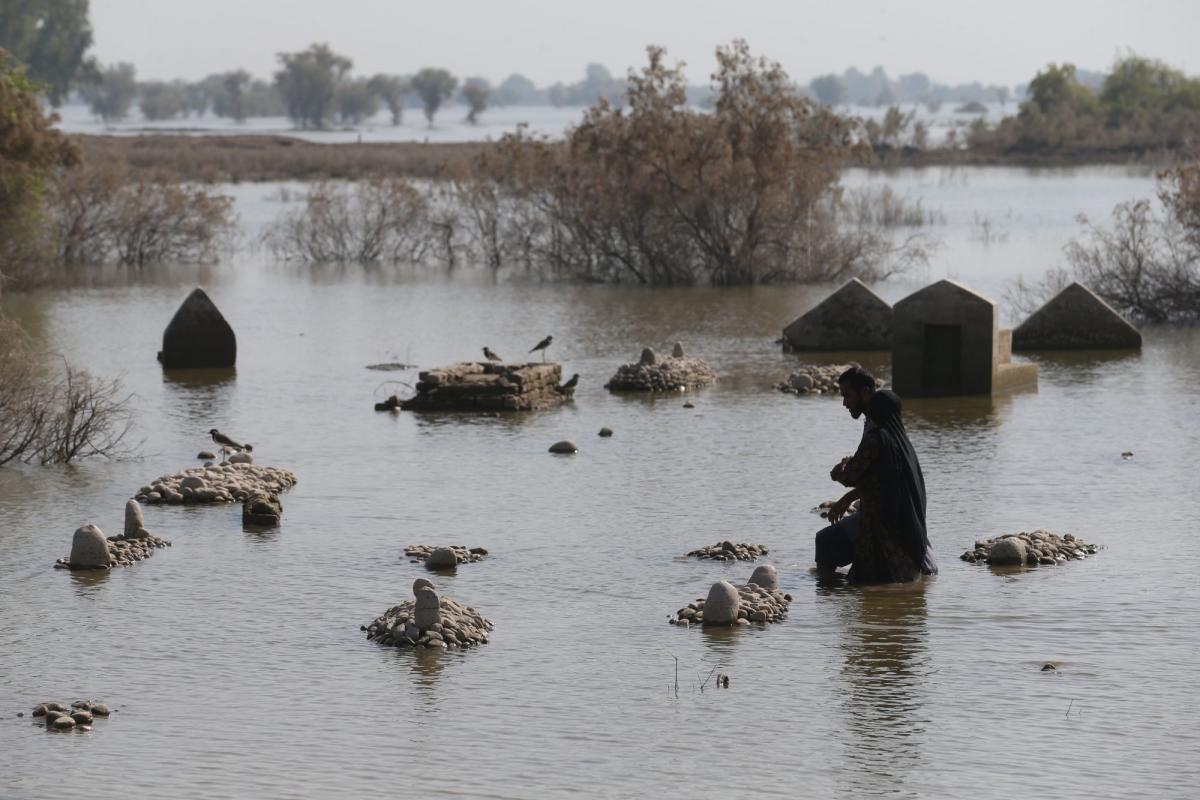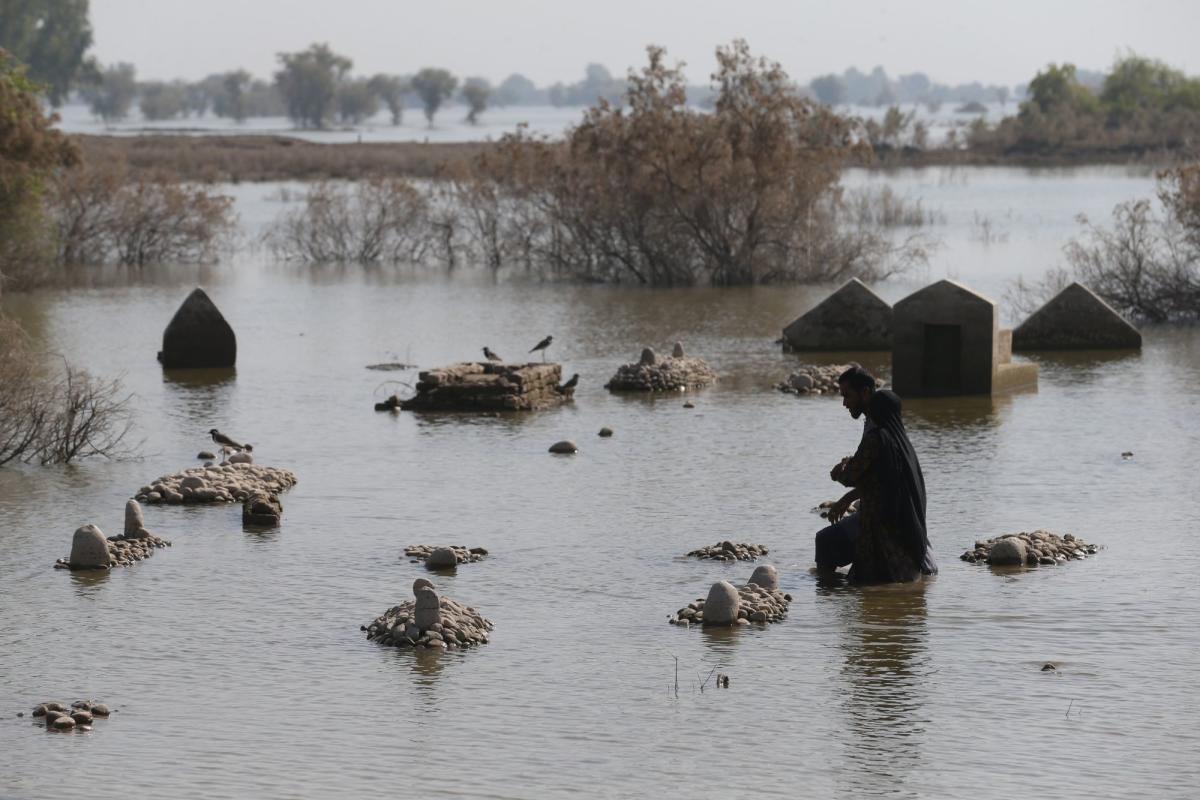
(Bloomberg) — Pakistan’s Foreign Minister Bilawal Bhutto Zardari urged the world to continue to help the South Asian nation recover from devastating floods ahead of a United Nations conference next month to mobilize funding.
Most Read from Bloomberg
Pakistan is facing an economic crisis with reserves covering one month of imports, a dollar shortage and a delay in its loan program with the International Monetary Fund. Investors are still concerned about the nation’s ability of its debt, with long-term dollar bonds continuing to trade at distressed levels despite the payment of a $1 billion bond this month.
“We find ourselves in this incredibly difficult position where we’re trying to manage our macroeconomic indicators with the IMF and provide the imminent relief for the people that is still necessary now in Pakistan, and plan forward for reconstruction and rehabilitation,” Zardari, 34, said in an interview with Bloomberg Television in Washington DC. “Unfortunately, the cameras have gone, the attention has disappeared, but there are still floodwaters in many areas of my country.”
Pakistan’s unprecedented floods in the summer killed more than 1,700 people, inundated third of the nation and cut the nation’s growth by half. The floods have left about $32 billion in damages and losses to the nation’s economy.
The United Nations said the global community hasn’t provided enough funds after the devastating floods in Pakistan and that may lead to the suspension of its food support program next month. The UN and Pakistan’s joint appeal garnered only about 30% of the $816 million funds requested, according to Julien Harneis, UN resident and humanitarian coordinator in Pakistan. They will seek more funds at a conference in Geneva, Switzerland, scheduled for Jan. 9.
Pakistan has seen a delay in its latest IMF loan tranche amid prolonged discussions with the global body, which has asked for details on how much the nation will be spending this year for rehabilitation after the devastating floods. The IMF indicated that talks have been productive to revise the macroeconomic outlook after the floods, resident representative in Pakistan Esther Perez Ruiz said in a statement this month.
“The entire unity government agrees that it’s important for us to deal with international financial institutions — we want to see the fundamental reform that’s required for the overall health of our economy,” Zardari said. “But at the moment, our number one priority has to be helping these people who are in extreme, extreme distress in the short, medium and long term.”
‘Eight-Month Tantrum’
Pakistan is also facing renewed political uncertainty, with opposition member Imran Khan planning to dissolve two of the four provincial assemblies later this week to push the government to announce fresh elections. Prime Minister Shehbaz Sharif’s government, which came to power in April after removing Khan through a no-confidence vote in the federal parliament, has in retaliation filed a no-confidence motion in the provincial assembly of Punjab.
Zardari, chairman of the Pakistan Peoples Party and the son of Benazir Bhutto — the Muslim country’s first female prime minister who was assassinated in 2007 — called Khan “Machiavellian” and blasted him for failing to cooperate with the coalition government to help provide funding relief. Khan has hosted his own telethons to raise funds for flood victims.
“It should have been not just my priority, but everybody’s priority to step up, to leave partisan politics aside and unite to meet this challenge,” Zardari said. “Unfortunately, Mr. Khan has been throwing in eight-month tantrum that he has not been prime minister.”
–With assistance from Haidi Lun.
(Updates with more details in penultimate paragraph. An earlier version of the story corrected the spelling of opposition leader’s name in the final paragraph.)
Most Read from Bloomberg Businessweek
©2022 Bloomberg L.P.




